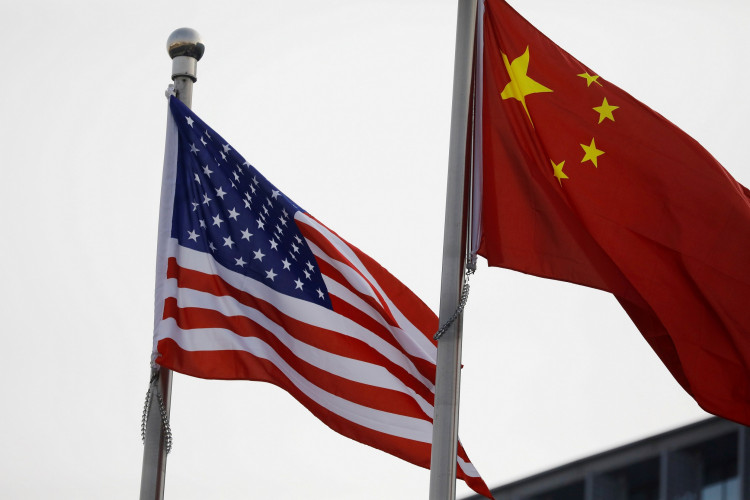The United States government has intensified its scrutiny of Chinese companies amid heightened geopolitical tensions, leading to the addition of several entities to its restrictive trade lists. This move underscores the U.S. efforts to prevent sensitive technology and goods from potentially aiding adversarial foreign powers, particularly in the context of the ongoing conflict in Ukraine and the broader technological rivalry with China.
In a significant development, 13 companies based in China have been added to the U.S. "Unverified List," a designation used when U.S. export control officers are unable to complete on-site visits to confirm the reliability of companies receiving U.S.-origin technology. This list acts as a warning sign for U.S. exporters, demanding enhanced due diligence and potentially more licensing requirements. The recent additions include companies like PNC Systems in Jiangsu and Beijing Shengbo Xietong Technology, reflecting the U.S.'s broader strategy to curb the flow of advanced technology and goods to China.
This move aligns with the U.S.'s recent actions to restrict shipments of advanced semiconductors and chip-making equipment to China, reflecting concerns over the use of American technology in China's military modernization efforts. The intensifying tech battle has further strained the already tense relations between the two countries, with Chinese embassy spokesperson Liu Pengyu criticizing the U.S. for "politicizing and weaponizing economic and trade issues."
In a related action, the U.S. has also sanctioned several Hong Kong and mainland Chinese companies, accusing them of supporting Russia's war efforts in Ukraine. The U.S. Treasury Department's Office of Foreign Assets Control targeted these entities for allegedly assisting Russian military procurement networks. The sanctioned entities, including Kobi International Company and Jarvis HK Co. Ltd., face asset freezes and transaction prohibitions in the U.S.
Concurrently, the State Department sanctioned additional Hong Kong-based entities and two mainland China-based companies for shipping microelectronics and other products to Russia. The U.S.'s stringent measures reflect its commitment to impede any support for Russia's military actions in Ukraine.
On the other hand, the U.S. Department of Commerce's Bureau of Industry and Security has removed certain Chinese entities from the Unverified List, such as Chengde Oscillator Electronic Technology Co. and China National Erzhong Group. This removal followed successful verification of their operations, indicating a nuanced approach in U.S. export control policies.
These developments highlight the U.S.'s ongoing efforts to safeguard its national security interests and maintain a strategic edge in the global technology sector. The actions against Chinese companies, in particular, underscore the complex interplay of international trade, national security, and foreign policy in an increasingly interconnected yet geopolitically divided world.





